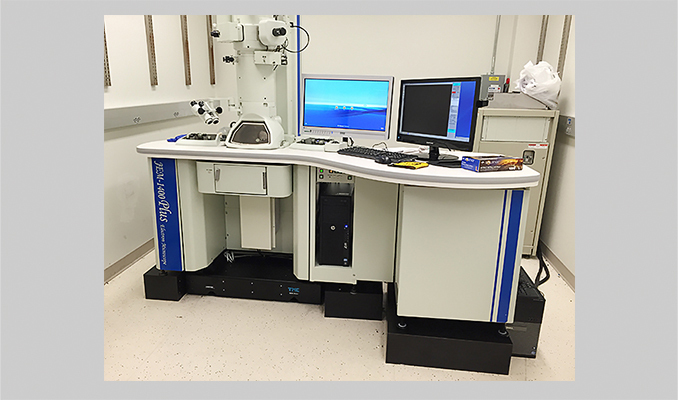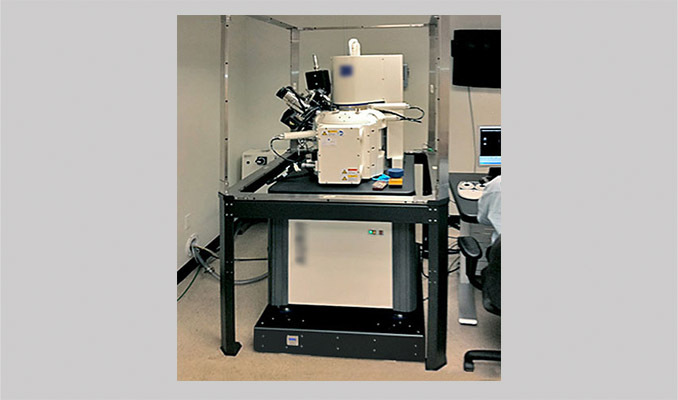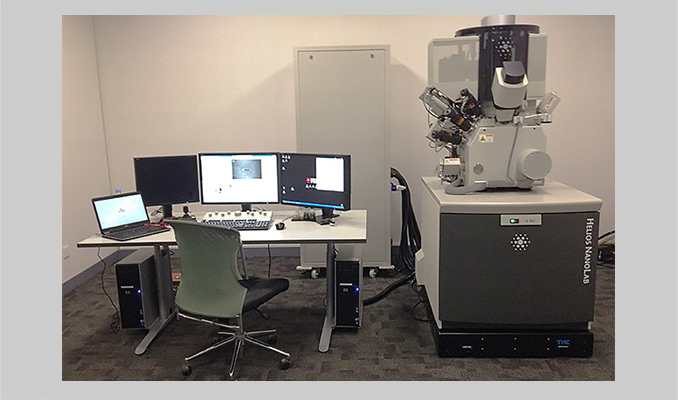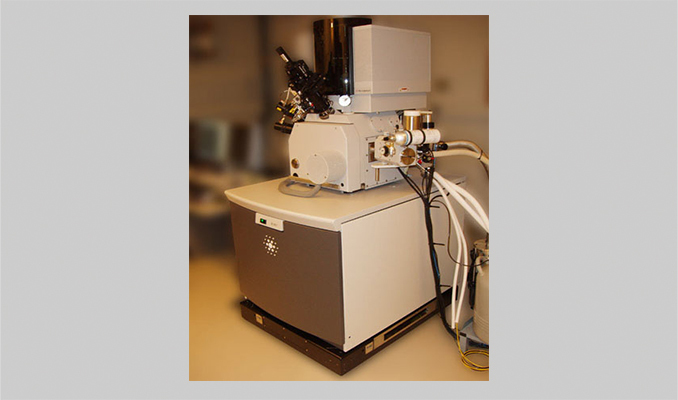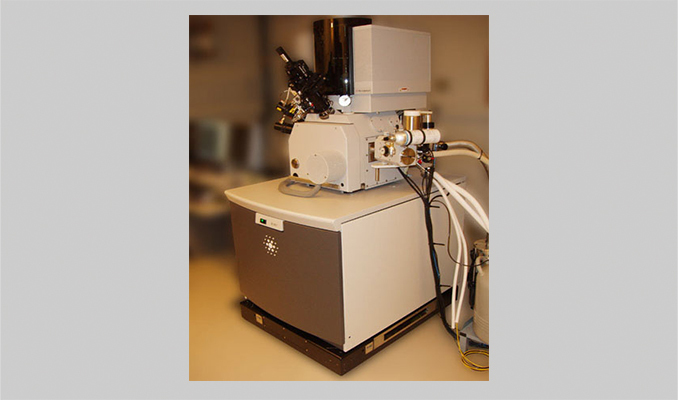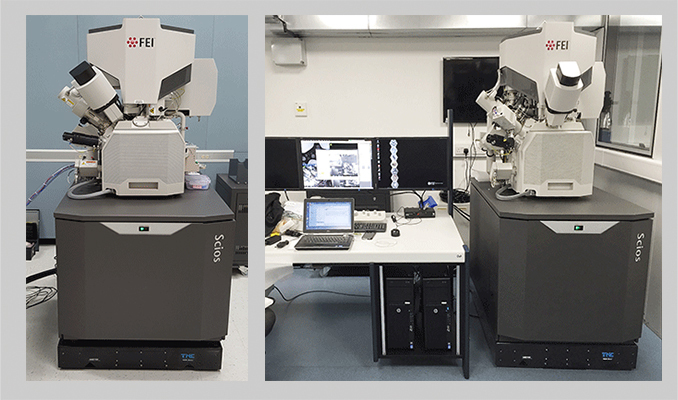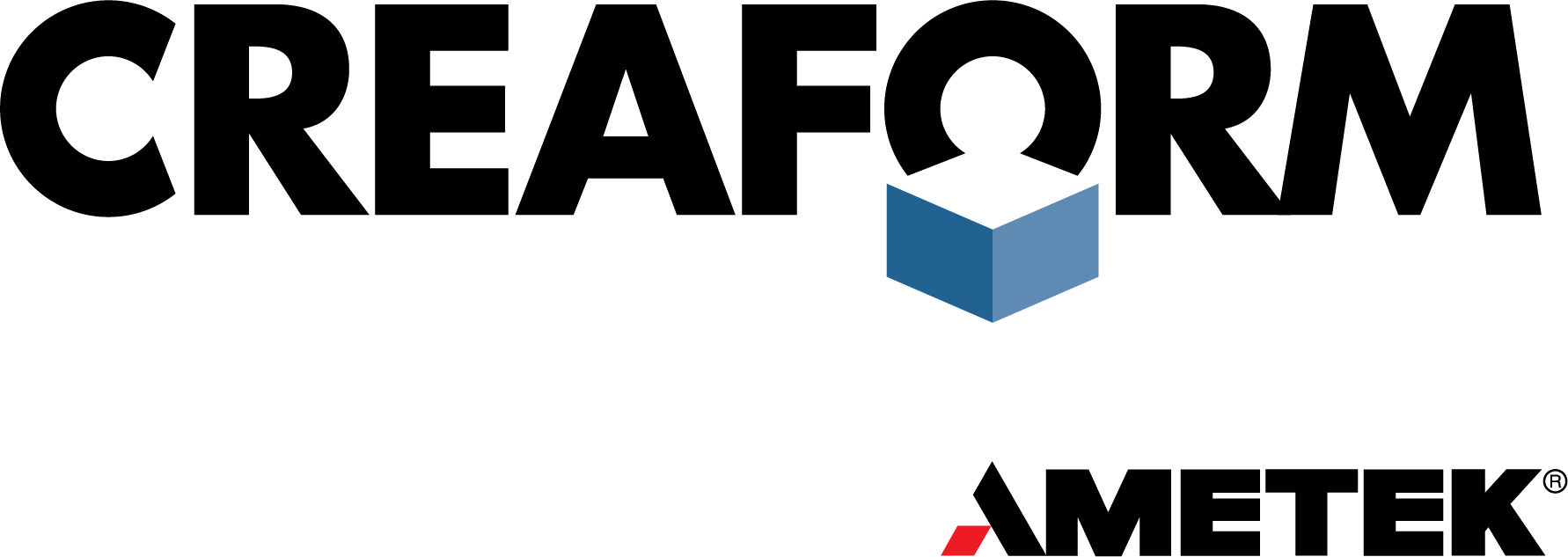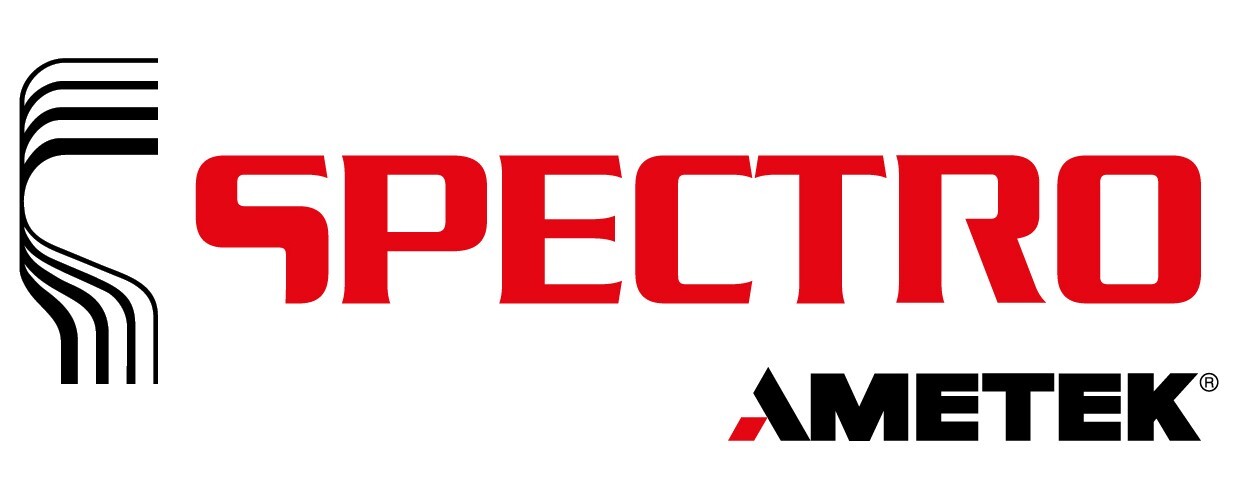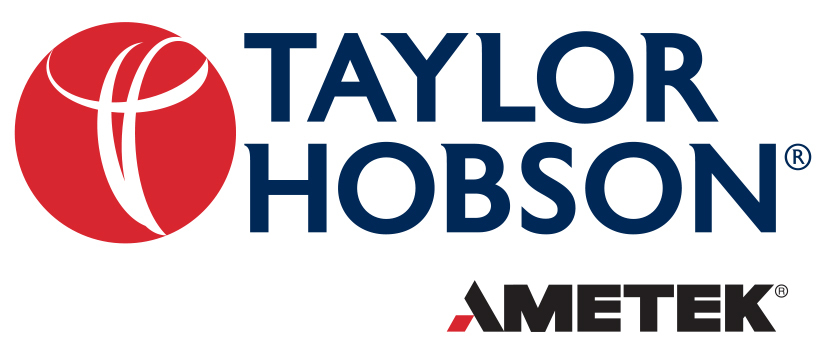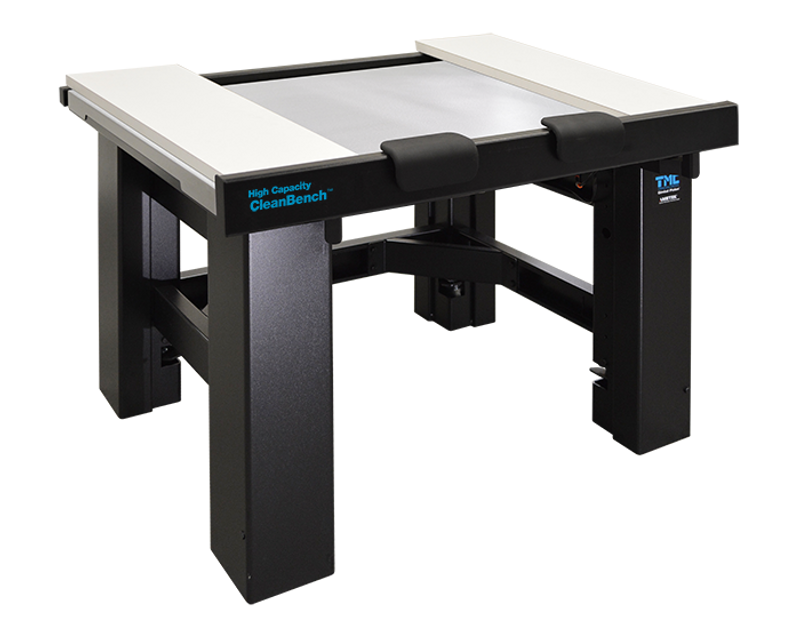Overview
SEM-Base® VI is the next generation in STACIS active piezoelectric vibration cancellation. SEM-Base VI is designed to support all commercial Scanning Electron Microscopes (SEMs), as well as many Focused Ion Beam (FIB) and Small Dual Beam instruments. SEM-Base VI provides improved vibration isolation performance, a faster more robust controller, and an advanced graphical user interface (GUI). SEM-Base VI will enable more labs and facilities to achieve the level of floor vibration required to satisfy the specifications of the tool manufacturer.
SEM-Base VI uses a unique "serial architecture" in which the vibration sensors measure floor vibration, not payload vibration. This ensures that, unlike other designs, payload resonances do not inherently limit vibration isolation or cause instability. The vibration sensors are low frequency inertial velocity sensors for maximum sensitivity in the difficult to measure sub-Hz range. Combined with our unique piezo-actuator technology, SEM-Base VI achieves extremely high levels of vibration cancellation, even on already quiet floors.
SEM-Base VI provides, on average, 6 dB more vibration isolation than previous models. In addition, TMC's next generation controller, the DC-2020, features a new dual-core processor and provides tool owners and researchers with a very simple and easy-to-use graphical interface for fast system assessment and operational peace-of-mind. When connecting over Ethernet, the DC-2020 creates the SEM-Base GUI in the user's browser with no additional software or application program to install. Alternatively, the user can interface with the controller via an on-board menu-driven Liquid Crystal Display (LCD).
NOTE: See SEM-Closure, a total environmental solution designed specifically to protect SEMs. It can accommodate SEM-Base and Mag-NetX® in a sealed and temperature-controlled acoustical chamber – protecting the SEM from vibration, magnetic field disturbances, and acoustic noise.
Specifications
Performance Specifications
| Active degrees of freedom | 6 |
| Active bandwidth | 0.6 Hz - 100 Hz |
| Passive natural frequency | 12 Hz nominal |
| Effective active resonant frequency | 0.5 Hz |
| Isolation at 1 Hz | 40% - 70% |
| Isolation at 2 Hz | 90% |
| Isolation at ≥3 Hz | 90-98% |
| Internal noise | <0.1 nm RMS |
| Operating load range | Standard capacity: 900 - 2,500 lbs (408 - 1134 kg) High capacity: 2,500 - 3,200 lbs (1134 - 1452 kg) |
| Magnetic field emitted at maximum 4 in.(102 mm) from the platform | <0.02 μG broadband RMS |
Design, Dimensions, and Environmental and Utility Requirements
| Environmental and safety | CE and RoHS compliant |
| Active isolation elements | Piezoelectric actuators with minimum 3300 lb. (1500 kg) capacity receive signal from a high-voltage amplifier with an output of up to 800 VDC. Vertical actuators support the isolated payload. |
| Passive isolation element | single stiff elastomer (no compressed air supply required) |
| Vibration sensor elements | downward facing geophone type inertial sensors that measure floor vibration below the isolator and deliver voltage proportional to the velocity of vibration motion |
| Active feedback control loop | Floor vibration is measured, processed and attenuated below the spring supporting the isolated surface |
| Dimensions (WxD) | 35.25 x 44.25 in. 895 x 1124 mm |
| Height | 6.3 in. (160 mm) nominal, doesn't change when SEM-Base is switched off |
| Operating temperature | 50° - 90° F 10° - 32° C |
| Storage temperature | -40° - 130° F -40° - 55° C |
| Humidity | < 80% @ 68° F | 20° C, Maximum dewpoint 18 degrees C |
| System power requirements | 100, 120, 230, 240 VAC 50/60 Hz AC; <600 W CE compliant |
| Floor displacement | <800 μin. (20 μm) below 10 Hz |
Built-in Controller Specifications
| Processor | 150/75 MHz dual core |
| Sampling rate | 10 kHz |
| Analog outputs | 16 channels |
| Analog inputs | 16 channels |
| Status light | single LED |
| Front panel ports | 1x serial USB 2.0 1x serial Micro-USB 1x Ethernet RJ-45 2x BNC |
| User interface | Front panel LCD display Character menu on HyperTerminal Extended GUI for Microsoft Windows Embedded Ethernet GUI |

